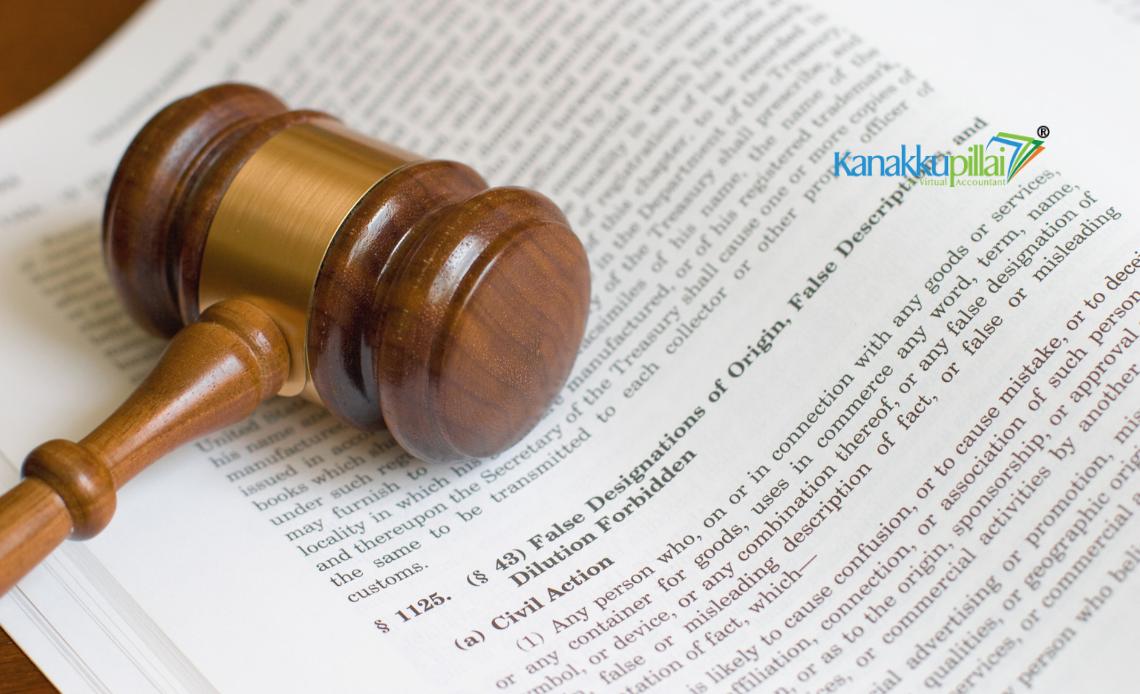Managing brand issues from the trademark office may be frightening for businesses. These challenges or official rejects made throughout the filing process help to ensure that trademarks do not fall into illegal categories or clash with existing marks. This blog will discuss the benefits and downsides of handling intellectual property problems using a do-it-yourself method vs hiring experts.
What are Trademark Objections?
During the trademark registration process, trademark objections—formal rejections or challenges brought before the trademark office—are challenges that seek to guarantee that trademarks neither contradict current marks nor fit incorrect categories. Based on many factors, the trademark office could complain about the following:
- Should the suggested mark be too close to a current mark, the trademark office may oppose it, therefore creating customer confusion.
- Should the suggested mark be too general or lack uniqueness, the trademark office may protest.
- Should the planned mark be informative and fail to be a trademark, the trademark office may complain.
- Should the suggested mark be a regional sign and fail the needed standards, the copyright office may complain.
DIY Approach to Handling Trademark Objections
Dealing with property problems personally may be a freeing and cheap experience. Here are some benefits and drawbacks to give thought to:
Pros:
- Economical: Dealing with problems yourself saves a lot of court costs.
- Control of the process: You may match methods with your brand and change results.
- Learning experience: Dealing with complaints directly helps you to grasp trademark law.
Cons:
- Limited legal knowledge: Dealing with tough legal problems without advice may be tiring.
- Time-consuming: Dealing with pushback pulls attention away from other company activities.
- Risk of errors: Response mistakes could cause further problems and application refusal.
Professional Help Approach to Handling Trademark Objections
Especially for complex cases, contacting a property expert professionally might be a smart choice. Here are some benefits and drawbacks to give thought to:
Pros:
- Trademark lawyers provide in-depth knowledge and experience, therefore working as skilled legal counsellors.
- Professionals may save time by effectively handling the system at increased speed.
- Skilled lawyers can provide strong answers to raise the chance of acceptance, hence lowering the danger of rejection.
Cons:
- Hiring a brand expert might have financial effects.
- Less personal involvement: The process of handling complaints may be within your control.
When Should One Hire a Trademark Attorney?
Hiring a trademark expert is recommended in certain cases as follows:
- Complicated objections: Professional help is recommended on complicated law issues.
- Should you lack the necessary time or legal knowledge, an expert may be very helpful.
- High-stakes trademarks: For important brand assets, the expert help investment might be profitable.
Selecting a Correct Trademark Attorney
When picking a trademark expert, consider the following:
- Search for professionals with the required qualifications and background in copyright law.
- Experience: Select an expert with a past of successfully handling copyright issues.
- Read customer reviews and comments to learn about the attorney’s standing.
Knowing the attorney’s price plan can help you to make sure it fits your means.
Evaluating the Strategies
Consider the following when deciding between hiring professionals or doing it yourself:
- Cost-effectiveness: Consider the possible dangers and difficulties against the cost savings of personally handling concerns.
- Time and efficiency: Think about the time and money needed to personally solve problems instead of calling on a professional.
- Compare the success rate of your do-it-yourself method to that of a trained expert.
- Risk management: Evaluate the risks involved in managing complaints against those involved in professional hiring.
- Learning chances: Think about the chances for personal growth and education that follow beating problems oneself.
Conclusion
Maintaining and protecting your business image relies on properly handling brand issues. Although a do-it-yourself approach might be cheap and motivating, it might not be the best choice for difficult complaints or very valuable rights. Especially in cases of lack of time, knowledge, or funds, contacting an intellectual property expert properly might be a reasonable choice. Your money, knowledge, and the degree of difficulty of the arguments you face will eventually decide whether you choose a DIY approach or professional help.





